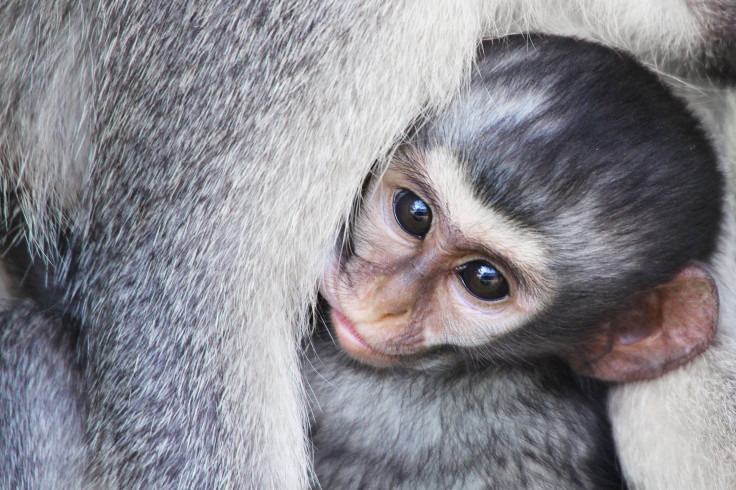Genetically Modified Animals: Are We One Step Closer To Customized Human Embryos?

Scientists in China have genetically modified two newborn monkeys — a breakthrough in research that brings primates one step closer to becoming the leading subjects for human illness research over mice. It also brings scientists closer to the possibility of creating "customized" embryos by modifying possible signs of disease at the genetic level. The monkeys, named Ningning and Mingming, were born after scientists from Nanjing University manipulated parts of their DNA as fertilized eggs and inserted the eggs into a surrogate mother. The study was published Thursday in Cell.
Ningning and Mingming were the first monkeys born using the "cut and paste" technology that scientists call the CRISPR-CAS9 Gene Slicing Technique. Through the CRISPR/Cas9 system, researchers were able to target specific parts of the genetic code and turn those genes — along with their implicated effects in the body — on and off. Scientists can target flawed areas in the gene sequence to potentially create healthy primates. Alternatively, they can implant diseases that model human illnesses into monkeys, like primate models of Alzheimer’s and Parkinson’s. In this case, the Nanjing researchers targeted and mutated the genes that regulate metabolism, immune cell development, and sex determination. These mutations do not model specific human diseases but are involved with controlling metabolism and a stable immune system.
After targeting the genes in 180 monkey embryos and implanting 83 embryos in surrogate mothers, the research team had only one successful birth. It is still too early for the researchers to tell if the process influences the monkey’s behavior or physiology.
“Considering that many human diseases are caused by genetic abnormalities, targeted genetic modification in monkeys is invaluable for the generation of human disease models,” study author Jiahao Sha told Science Daily.
The modification of DNA in human and animal cells has been done previously but only within petri dishes. What also differentiates this study from others is that it shows the CRISPR/Cas9 system can customize specifically targeted genes to create primates with particular genomes. Sha reported that the research team could see some changes to the monkey’s genes through various stages of the embryo’s development.
The discovery could also herald a new era of animal testing where monkeys are used over mice in the lab. Primates resemble humans genetically, having many similarities to Homo Sapiens. This makes them more accurate models for disease, meaning more accurate results. In the future, there is also the possibility that scientists may find a way to alter a monkey’s genomic code to prevent diseases like HIV.
Source: Yuyu Niu, Bin Shen, Yiqiang Cui, et al. Generation of Gene-Modified Cynomolgus Monkey via Cas9/RNA-Mediated Gene Targeting in One-Cell Embryos. Cell. 2014.
Published by Medicaldaily.com



























